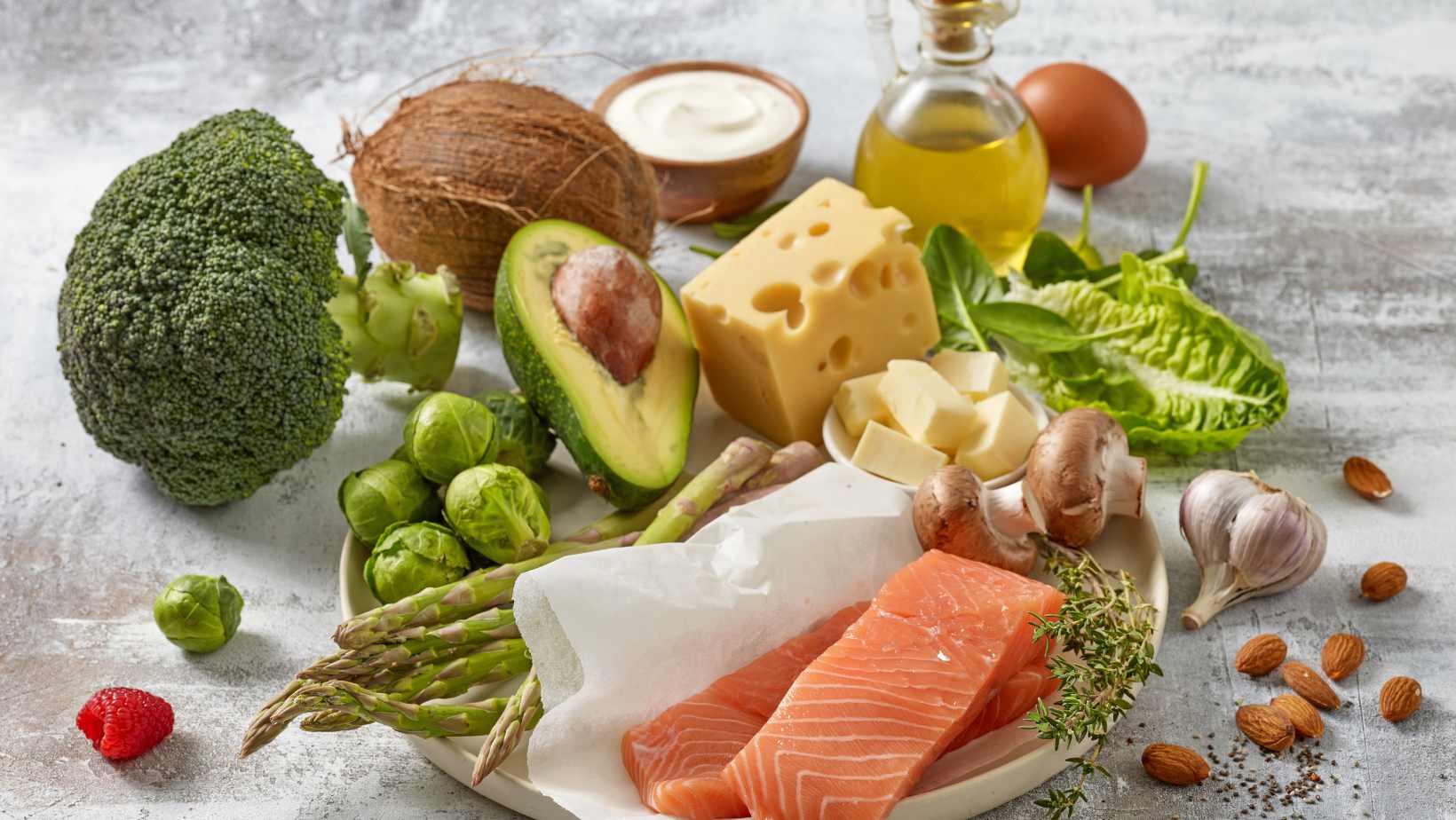
Butter has become a staple in many diets, including the popular ketogenic or keto diet. The high-fat content of butter makes it an attractive choice for those following a low-carb, high-fat eating plan. However, you may wonder, “Is butter good for keto?” Let’s delve into this question and uncover the role butter plays in a keto lifestyle.
First and foremost, it’s important to understand that the ketogenic diet focuses on minimizing carbohydrate intake while increasing fat consumption. Butter fits well within this framework as it contains virtually no carbohydrates but is rich in healthy fats. These fats help promote satiety and provide a steady energy source for individuals on a keto regimen.
Is Butter Good For Keto
Improved Weight Loss
One of the significant benefits of following a keto diet is its positive impact on weight loss. The ketogenic diet focuses on consuming high amounts of healthy fats, moderate protein, and minimal carbohydrates. By limiting carbohydrate intake, the body is forced to enter a state called ketosis, where it starts burning fat for fuel instead of glucose.
During ketosis, the body becomes increasingly efficient at utilizing stored fats as an energy source. This can lead to a more rapid and sustained weight loss compared to other traditional low-fat diets. Studies have shown that individuals following a keto diet experience greater reductions in body weight and body mass index (BMI) when compared to those on higher-carb diets.
Increased Energy Levels
Another advantage of adopting a keto lifestyle is the potential for increased energy levels. When carbohydrates are limited, the body relies on fat stores for fuel through ketosis. Fats are a rich source of energy and provide a sustained release throughout the day.
Unlike carbohydrates that can cause energy crashes after their initial spike wears off, fats provide steady energy without drastic fluctuations in blood sugar levels. Many individuals who follow a ketogenic diet report feeling more alert, focused, and energized throughout the day[*]. This sustained energy can enhance overall productivity and mental performance.
Enhanced Mental Clarity
In addition to improved physical outcomes such as weight loss and increased energy levels, many people also experience enhanced mental clarity while following a keto diet. The brain thrives on ketones produced during ketosis as an alternative fuel source.
By minimizing carbohydrates that contribute to spikes in blood sugar levels followed by crashes, keto dieters often report heightened cognitive function and improved concentration[*]. This mental clarity can lead to increased productivity, better decision-making, and improved overall cognitive performance.
Understanding The Ketogenic Lifestyle
When it comes to following a ketogenic diet, it’s important to have a clear understanding of what this lifestyle entails. The ketogenic diet is a low-carb, high-fat eating plan that aims to put your body into a metabolic state called ketosis. In this state, your body primarily uses fat for energy instead of carbohydrates.
Here are a few key points to help you grasp the basics of the ketogenic lifestyle:
- Low Carbohydrate Intake: One of the fundamental principles of the ketogenic diet is reducing carbohydrate intake. By limiting your carb consumption to around 20-50 grams per day, you force your body to switch from using glucose as its primary fuel source to burning stored fats for energy.
- High Fat Consumption: To compensate for the reduction in carbs, you’ll need to increase your fat intake significantly. Healthy fats like avocados, nuts and seeds, olive oil, coconut oil, and yes, butter can be consumed on a keto diet. These fats provide satiety and give you the necessary fuel for energy production.
- Moderate Protein Intake: While protein is an essential macronutrient in any diet, it should be consumed in moderation on keto. Excessive protein intake can potentially convert into glucose through a process called gluconeogenesis and hinder ketosis.
- Benefits of Ketosis: When properly followed, the ketogenic lifestyle offers several benefits such as weight loss (especially in individuals with excess body fat), increased mental clarity and focus, improved blood sugar control, reduced inflammation levels, and enhanced energy levels throughout the day.
It’s worth noting that while butter can be enjoyed on a keto diet due to its high-fat content and negligible carb count (0g carbs), moderation is still crucial. It’s always recommended to choose quality sources of butter like grass-fed or organic varieties.
In conclusion: The ketogenic lifestyle revolves around minimizing carbohydrate intake while increasing healthy fat consumption. Butter, with its high-fat content and low carb count, can be included in a keto diet. However, it’s essential to maintain a balanced approach and prioritize overall dietary diversity for optimal health benefits.

